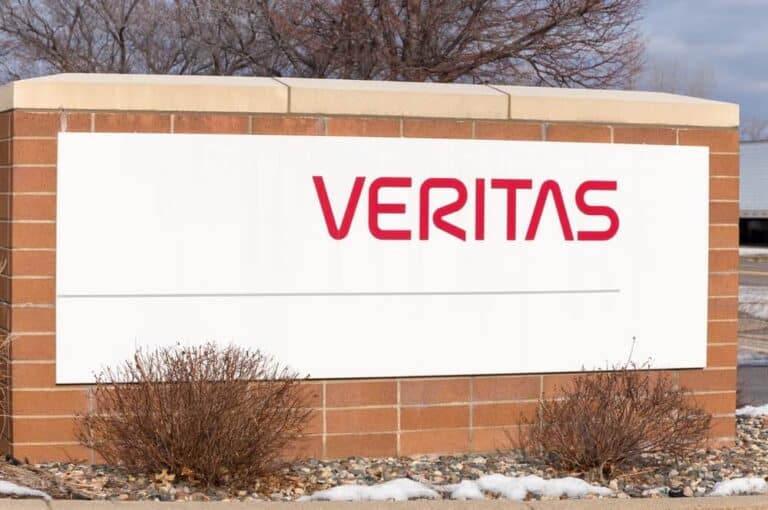At KubeCon, Veritas announced that InfoScale will be deployable through Kubernetes containers before the end of 2021.
Veritas InfoScale has made its mark as software-defined storage (SDS) solution for cloud applications and data. In late 2020, Veritas expanded the InfoScale portfolio by developing a Container Storage Interface (CSI) driver. Since then, the SDS solution is suited for providing large-scale Kubernetes environments with storage and corresponding management.
Both the static and dynamic allocation of volumes can be configured per application. To ensure that applications are continuously able to send off data, InfoScale keeps an eye on the status and performance of volumes, network and server infrastructure. When InfoScale diagnoses the failure or unavailability of a volume, network or server, Kubernetes receives a signal to restart the pod. Resultingly, data continues to flow, and uptime is relatively well assured.
The next step
At KubeCon 2021, Veritas announced a series of Kubernetes-focused updates, to be introduced with InfoScale 8, further improving InfoScale’s suitability for Kubernetes environments.
The release will be available later this year. One of the new features is the option of deploying InfoScale as a Kubernetes container, which might just be the most game-changing addition of all.
As mentioned earlier, InfoScale already provides an adequate foundation for the storage (and management) of Kubernetes environments. Data from Kubernetes nodes, pods and applications is routed to InfoScale’s storage hardware via a Container Storage Interface (CSI) driver. Thus, InfoScale is not a direct component of a Kubernetes cluster, and can more accurately be described as the channel, output and steering wheel for this cluster’s storage needs.
A new, different approach is available as of the coming release. Before the end of the year, segments of InfoScale can be deployed in Kubernetes containers. With this approach, InfoScale operates within Kubernetes nodes and pods — right next to the applications for which the storage solution serves.
There are many benefits to this. The process of connecting applications to storage simplifies because the storage solution and applications run parallel to one another. Volumes can be scaled to more accurately meet the needs of an application. And since both storage management and applications are approachable through the same container, lifecycle management of Kubernetes clusters, nodes, pods and apps is simplified.
Availability via Red Hat
A Veritas spokesperson adds that InfoScale 8 will be made available as a certified Red Hat container application and Red Hat OpenShift Operator, which is a first. We expect to see the releases in Red Hat’s Ecosystem Catalog sometime within the next few months.
Tip: Kasten by Veeam launches free curriculum for Kubernetes training
